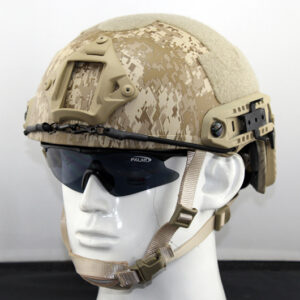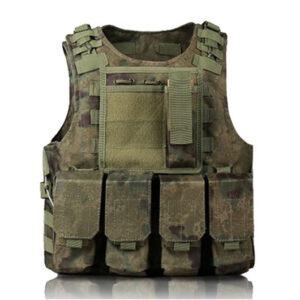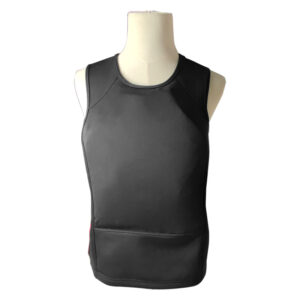Origin of body armor
As long as there is a spear, there is a shield. Humans developed bullets hundreds of years ago. With the increasing harm of bullets to the human body, people began to study the armor to defend against bullets. Actually, bulletproof vests can be traced back thousands of years ago. After all, before there are bullets, human beings also need to resist injury from knives, guns, and rolling stones. During World War II, bulletproof vests gradually began to emerge, but at that time, they were basically head-to-head, much like the armor made of all steel in ancient times. When the penetrating power of bullets became stronger and stronger, the protective power was almost like paper. Later, the continuous improvement of materials revolves around a principle, that is, the initial point impact ability of bullets can be quickly absorbed into bulletproof vests. However, the reality is always unsatisfactory. Even if you wear bullet-proof vests of excellent quality, the difference in penetration and the distance between bullets will still cause pain like a stone or a heavy shot.
Of course, wearing body armor can save your life to a great extent, but it will also cause different degrees of injury. Even if you survive being hit by a bullet, the painful recovery period after being hit by a bullet is also very long. In severe cases, even if your body is healed, it may still cause stress trauma disorder. There is no treatment in front of this disease, and perhaps time will heal all wounds because it has a typical symptom, that is, the never-ending past reappears (commonly known as a flashback). In this case, it’s hard to get rid of it. All feelings after being shot will affect memory, so fear, grief, and despair will follow.
Lightweight body armor
At present, the most widely used light body armor is the Kevlar layer, which is an aramid fiber product developed by DuPont Company in the United States. The original name of the material is poly (p-phenylene terephthalamide), and it is a high-strength synthetic aramid fiber developed in the 1960s. Body armor is generally composed of 20-50 layers of Kevlar. The speed of modern pistol bullets is generally about 400 cm per second. When the bullet comes to the first layer of Kevlar, the energy of the bullet is at its highest at this time, so that it is effortless to break through the first layer, the same is true for the second layer, and the same is true for the third layer. However, in this process, the energy of the bullet will plummet with the rupture of Kevlar, until the bullet reaches the bottom of a certain layer and is slowed down. At this time, the energy of the bullet is not enough to penetrate the last Kevlar layer. Is there a feeling of life hanging by a thread?
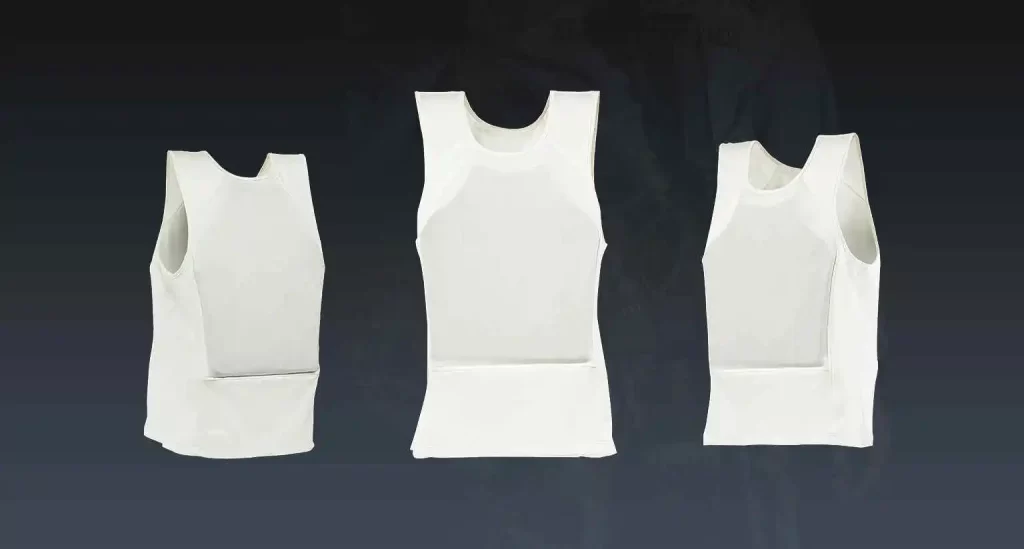
М'який бронежилет
This kind of bulletproof vest is generally known as a soft bulletproof vest. The bullet speed of a rifle with a larger caliber is about twice as fast as that of a pistol, which can reach an astonishing 800 meters per second. At this time, the traditional Kevlar layer seems to be illusory at this speed. What should we do? The only way to slow down the bullet again is to add a steel plate on top of the Kevlar layer, which can keep the bullet out of the door. The Kevlar layer below is finished before it even starts to work. It seems very effective after adding a steel plate, but it will cause more serious blunt injury. On the surface, it seems that there is no harm, but the internal organs have been shaken to pieces. At the moment, it is like a high-speed steel plate hitting the human body. Because the bullet hits the steel plate, it releases strong kinetic energy, and the Kevlar layer does not have the ability to eliminate this part of kinetic energy.
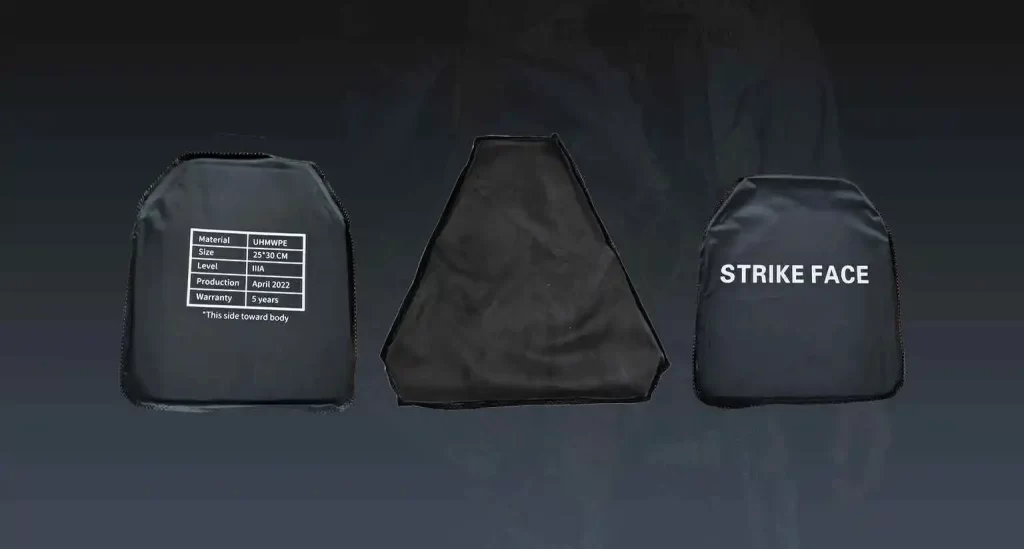
Hard body bulletproof vest
In short, when the bullet hits the steel plate, it will still move forward for a certain distance before it stops. But in this case, the speed of the bullet contacting the hard steel plate will become zero in one-thousandth of a second, which means that the human body needs to bear all the kinetic energy of the bullet in this one-thousandth of a second. At the moment, the human body is obviously unable to bear it. What should we do? In the follow-up research, scientists found that ceramic alloys can effectively prevent the kinetic energy generated by the bullet. Of course, this layer of ceramic alloy will be broken down, but the deceleration effect of ceramic alloy on the bullet is very obvious. After the bullet passes through the gate, the Kevlar layer behind it is enough to cope with the remaining energy of the bullet. Obviously, this process takes a lot longer than the steel plate and is also within the human body’s bearing range. This kind of armor is also called a hard body bulletproof vest, but it is relatively thick compared with the pure Kevlar layer, which is also one of the most widely used protective devices.
